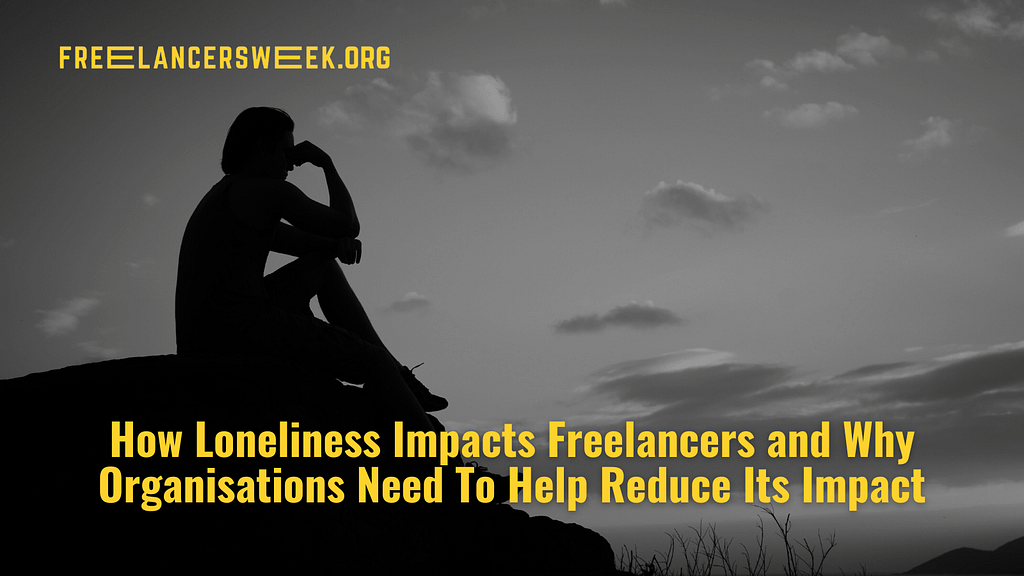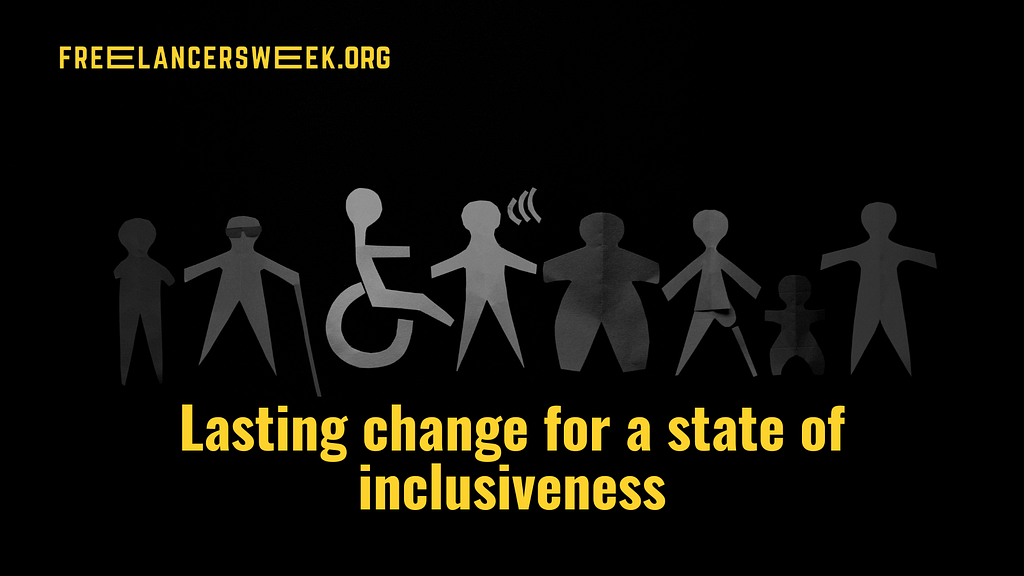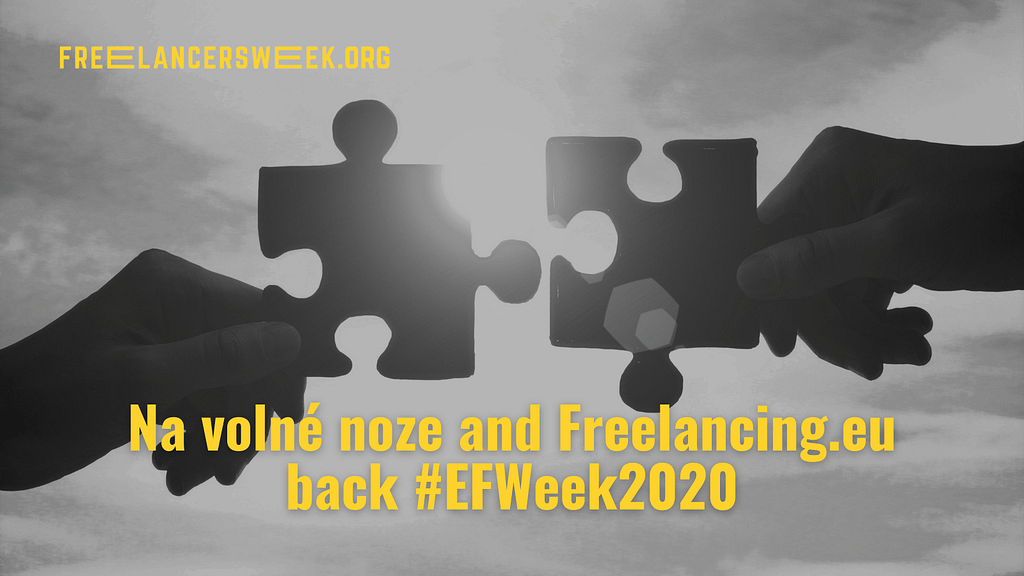In today’s interconnected world, where virtual communication and remote work have become the norm, a silent pandemic has been spreading: loneliness. Loneliness knows no boundaries and affects people from all walks of life. However, it often hits freelancers particularly hard, exacerbating the challenges they face in their professional lives. To better understand this spreading issue we need to understand its impact on freelancers, and explore why organisations should take proactive measures to combat isolation within their teams and broader communities.
An increasing issue
Loneliness is not a new phenomenon, but its prevalence has reached alarming levels in recent years. Factors such as social media, globalisation, and the rise of remote work have contributed to a sense of disconnection and isolation. The pandemic has further amplified this issue, as physical distancing measures and lockdowns have forced people to stay apart, relying heavily on digital interactions. The resulting lack of meaningful social connections has taken a toll on mental health and well-being worldwide.
Isolation amplified
Freelancers, by the nature of their work, often find themselves working in isolation, away from the traditional office environment. While remote work offers flexibility and autonomy, it also presents unique challenges that can contribute to feelings of loneliness and isolation.
One significant factor is the absence of a physical workplace. Unlike office workers who have a dedicated workspace and colleagues nearby, freelancers often work from home or coworking spaces. While this setup offers convenience, it also means that freelancers may spend long hours working alone, without the social interactions that naturally occur in a shared office environment. The lack of face-to-face interactions can lead to a sense of detachment and isolation.
The absence of regular face-to-face interactions can make it difficult for freelancers to build and maintain a supportive network. In a traditional office setting, colleagues provide not only professional collaboration but also a sense of camaraderie and social support. Freelancers may miss out on casual conversations and shared experiences, which can contribute to a feeling of disconnect from the professional world.
Recognising the unique challenges faced by freelancers in terms of loneliness and isolation is crucial for individuals and organisations alike. Taking proactive steps to address these challenges and foster a sense of community can significantly improve the well-being, professional growth, and productivity of freelancers.
Impact on freelancer’s well-being and performance
Loneliness has a profound impact on a freelancer’s well-being, which directly affects their ability to deliver quality work. The absence of social support can increase stress levels, decrease motivation, and erode self-confidence. Additionally, without regular opportunities for collaboration and feedback, freelancers may struggle to grow and refine their skills, limiting their professional development.
The role of organisations
Organisations play a crucial role in supporting their freelance workforce and reducing loneliness within their teams and communities. By fostering a sense of belonging and inclusion, companies can help freelancers combat isolation and build valuable connections.
How organisations can reduce loneliness
Encourage Communication: Provide platforms for freelancers to interact, share ideas, and seek support from peers. Facilitating regular virtual meetings, chat groups, or forums can help create a sense of community.
Mentorship Programs: Implement mentorship initiatives where experienced freelancers can guide and support newcomers. These programs not only provide professional guidance but also foster meaningful relationships.
Social Events: Organise virtual or in-person events to bring freelancers together, fostering opportunities for networking and socialising. Whether it’s a virtual happy hour, a group project, or a team-building exercise, these activities promote collaboration and connection.
Recognition and Feedback: Regularly acknowledge and appreciate the contributions of freelancers. Recognition not only boosts morale but also helps freelancers feel valued and connected to the organisation’s mission.
The loneliness pandemic is a pervasive issue that affects freelancers on a profound level. Organisations have a responsibility to recognize and address this problem by creating supportive environments that prioritise community, collaboration, and connection.
By implementing strategies to combat loneliness, organisations can enhance the well-being and performance of their freelance workforce, fostering a sense of belonging and collective purpose. For instance, making use of 12 Tips for Taking a Restorative Mental Health Day. Together, we can build a future where isolation is replaced with meaningful connections and empowered freelancers thrive in a supportive community.





